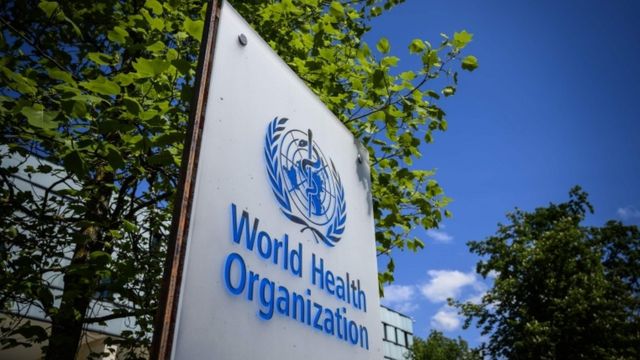SANAA, Feb. 10 (YPA) – The World Health Organization called for more research on “long-term Covid” disease and attention to and rehabilitation of those who suffer from it.
The Director-General of the World Health Organization, Tedros Adhanom Ghebreyesus, said that with the shift in attention to vaccination campaigns, “long-term Covid should not be neglected.”
He added that the long-term impact of Covid on society and the economy is becoming evident, and despite the strengthening of the level of research, it is “still not sufficient”, he said.
British doctor Gail Carson of the International Federation of Acute Respiratory Infection warned that “a long-term Covid can become a pandemic above a pandemic.”
She presented the suffering of patients suffering from long-term Covid who are subject to monitoring in the context of presenting the results of the findings of the “Post-Covid Support Forum.”
And she indicated that even those who did not have to enter hospital to be treated for the virus, this condition changed their lives.
“People are losing their jobs and their relationships,” she said. There is an urgent need to try to understand this.
Carson added that even long-term COVID-19 in children was “less noticeable” than it is in adults.
She described allocating only 45 projects to long-term COVID-19 out of more than 5,000 funded COVID-19 as “shocking.”
For her part, Maria Van Kerkhove, the technical officer on COVID-19 at the World Health Organization, said that the organization continues to learn about this aspect of the pandemic.
“We know that there is a lot of work we have to do there,” she added, noting the need “to persevere in order to get answers.”
The organization held this first conference in a series prepared with the aim of expanding the understanding of post-infection symptoms of Covid, and not only scientists and doctors participated, but also people who suffered from this condition.
Information is still scarce about why some people, after passing the acute phase of Covid-19, continue to suffer from several symptoms, including fatigue, brain fog, and cardiovascular problems.
Studies indicate that one in 10 cases may suffer from long-term symptoms a month after infection, which means that millions are exposed to the suffering of an ongoing disease.


